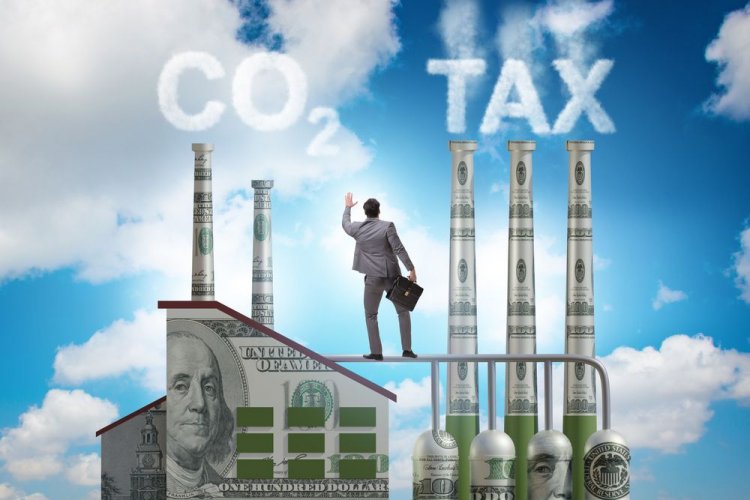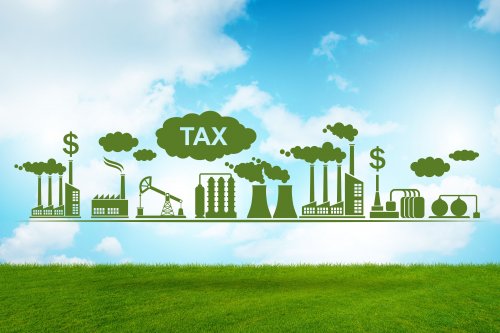Carbon pricing generated $84 billion in global revenue in 2021, up 60% from 2020.
This is stated in the annual report World Bank "Status and Trends in Carbon Pricing" released May 24.
The report, which presents the latest carbon pricing developments around the world, finds that there are 68 direct carbon pricing instruments operating today: 36 carbon taxes and 32 Emissions Trading Systems (ETSs).
Four new carbon pricing instruments were implemented since the release of the 2021 State and Trends of Carbon Pricing report: one in Uruguay and three in North America (Ontario, Oregon, New Brunswick). Countries announcing plans for new carbon pricing policies include Israel, Malaysia, and Botswana.
Carbon prices hit record highs in many jurisdictions, including the European Union, California, New Zealand, the Republic of Korea, Switzerland and Canada. However, the report finds that less than 4 percent of global emissions are currently covered by a direct carbon price in the range needed by 2030 to meet the temperature goal of the Paris Agreement.
“The past year has seen some very positive signs, such as the significant increase in revenue that can be invested in communities and in supporting the low carbon transition.There is also good progress towards resolving cross-border issues related to carbon pricing and the adoption of new rules for international carbon markets that was agreed at COP26 in Glasgow, which helps set a clearer policy direction," said Bernice Van Bronkhorst, Global Director for Climate Change at the World Bank. “It is important now to build on this momentum and really ramp up both the coverage and the price levels to unlock the full potential of carbon pricing in supporting inclusive decarbonization.”
Key topics covered in the State and Trends of Carbon Pricing 2022 include cross-border approaches to carbon pricing, challenges and opportunities from rising energy prices, and new technologies and governance frameworks shaping carbon markets.
The report was launched at Innovate4Climate, the World Bank Group's flagship annual event on climate finance, investment, and markets, held virtually this year from May 24 to 26.
As reported EcoPolitics, the Committee on Environmental Protection in the European Parliament voted in favor of Frontier Carbon Management Mechanism (CBAM) and Emissions Trading System (ETS) reform, which are tools to achieve EU climate targets under the Fit for 55 package.





